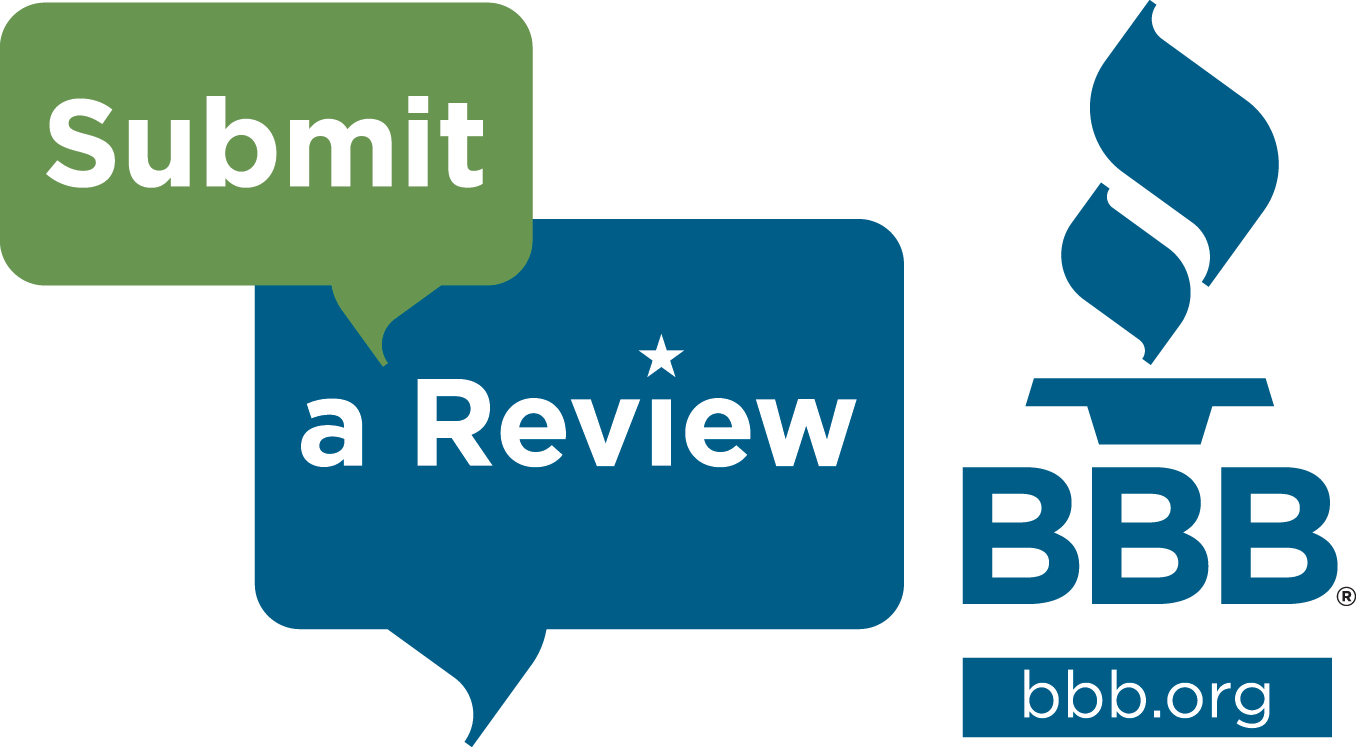Getting Started in Real Estate Investing and What You Need to Know
Real Estate investing can be a very lucrative business, especially since home values are rising 3.9 percent year-over-year. If you have extra money that you are looking to invest, this might be a smart way to go when thinking about investing. It is important that if you choose to invest in real estate that you start off on the right foot. Here are some steps you will want to follow when entering into the real estate market.
Assess your Finances
In an ideal situation the buyer would likely want to put all the money upfront for the home purchase. This however is not always realistic. In this case it is a good idea if the buyer can put at least 20% down on the loan. Putting this much down on a home loan usually helps with a lower rate and helps to avoid having to pay mortgage insurance. Most of the time real estate investors will search out properties that are foreclosed on because they are typically listed below the market values. If you do need to obtain a mortgage for your real estate property it might be smart live in your investment property while you are remodeling, or fixing it up so you could take advantage of owner-occupancy rates. Lenders typically require one year of residency to lock in the lower rate for the remainder of the loan.
Determine Your Cash Flow
Flipping a home is what most people intend to do with the investment home when they purchase it but typically home owners don’t profit when they sell shortly after they close on the home. Major renovations on the investment property can increase the odds of a good short-term profit but those upgrades are going to cost you! You have to be experienced in large-scale home improvements in order to benefit immediately. Most real estate investors will rent out the property if they are looking for more of a long-term strategy. This simply requires calculations to attract the most tenants. You still want to make sure that the mortgage and home ownership costs are covered. When going this route, you typically see the biggest income from your investment after the mortgage has been paid off. If you are going to this route you want to determine your cash flow; to see how much money you will have coming in after mortgage and home expenses. If you have at least a couple hundred dollars a month as a cushion then you are making something off of the investment each month. Since the rental market is in high demand it might be wise to consider being a landlord at least for a few years since there is a lot of competition between lessees.
Determine your Investment Type
Many real estate investors usually always consider individual ownership as their only way to profit from the investment. Partnerships, however are designed to help investors who may not have time, or skills to run the investment on their own. Real Estate investment trusts (REITS) enable investors to invest in multiple projects at the same time without the hassle of running the day-to-day management. These types of trusts behave like stocks (potential for capital appreciation/loss) and bonds (high levels of current income). They are also subject to economic fluctuation. Over the past 20 years however, REITS have appreciated approximately 13 percent per year!
As you can see here your financial situation, the choice of investment and your estimated cash flow are all connected. It is important to make sure that you are staying up-to-date and informed on everything in the real estate industry so that can make a sound decision when it comes to real estate investing.













